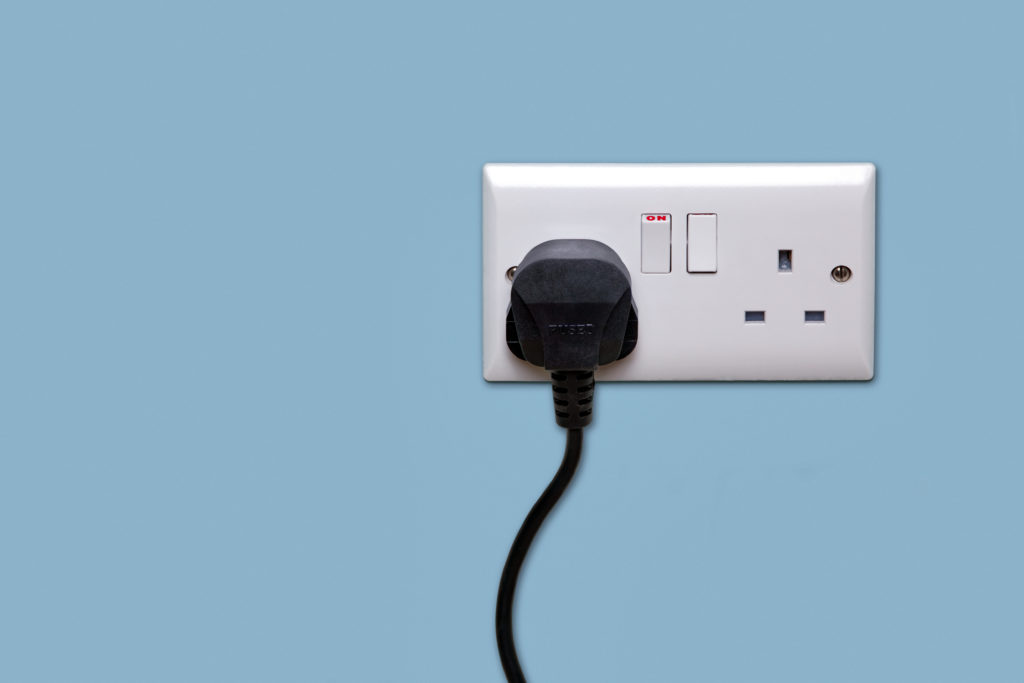Hello lovely students! Lead and led are two words in the English language that often lead to confusion confuse English learners. To make matters even more complicated, they sometimes sound like each other depending on their use.
Is this a lot to take on board? No worries. Read the guide below on led vs lead. You’ll get the difference in no time.

Lead as a verb
Perhaps the most common use of lead is as a verb. The definition of to lead has various different meanings, and it is important that you know all of them.
However, before we go into any of that, look at the table below that tells you the Present Simple, Past Simple and Past Participle forms of the verbs, and how they’re pronounced differently.
| Tense | Verb | Pronunciation |
| Present Simple | lead | li:d Rhymes with: bead, seed, greed. It is pronounced leed with a long e sound. |
| Past Simple | led | lɛd. Rhymes with: head, bed, said. It is pronounced with a short e sound. |
| Past Participle | led | lɛd. Rhymes with: head, bed, said. It is pronounced with a short e sound. |
Remember that led is the past of lead and lead is pronounced leed Also take note that lead is an irregular verb so leaded does not exist.
Take 5: practice the pronunciation differences between lead and led. The best trick is to practice long e sound and short e sound as the is the main difference.
The many definitions of lead as a verb
As you read above, lead means lots of things. There are loads, so it’s best to pay attention when reading this next part. Are you ready? Get yourselves strapped in for the many definitions of lead.

1) To show a person or animal the correct direction
Present tense I lead my horses to their stables for work daily.
Past tense: Lauren led her friends through the streets of New York City.
Past Participle form: Steve had led the receptionist to his new desk.

2) To connect one object or place to another
Present tense: the stairs lead to the swimming pool.
Past tense: the maze led to the bottom of the garden.
Past Participle form: the door had led to a library before Jane got rid of it.
3) A result of something else happening
Present tense: bee stings can lead to severe pain for some people.
Past tense: her hard work led to a promotion.
Past Participle form: deforestation has led to higher carbon emissions.
For this use, the verb to cause is a synonym.

4) To be the reason why someone thinks something
Present tense: the incident leads me to believe Kenny was wrong.
Past tense: her previous lies led Sandra to believe she wasn’t telling the truth.
Past Participle form: water on Mars has led scientists to believe there might be life out there.

5) To be the leader of something
Present tense: I lead correctly at work.
Past tense: he led them to victory.
Past Participle form: Dave had led the pirates to their doom.

6) To be the best at something
Present tense: she always leads the race.
Past tense: the factory led the way in making shoes.
Past Participle form: The department has led the medical field for 60 years.
Take 5: Can you think of any more examples for each definition? Write them in the comments below.
Remember, when you are confused about lead and led for verbs, led is always the past and lead is always the present.
Lead as an adjective
If you want to use lead as an adjective, it is more common to use it in its -ing form; leading. Leading in this case is pronounced as liːdɪŋ – that is leed + ing. In this case, it has the same meaning as principal or foremost.
Take this example, for instance.
A number of leading experts were at the conference this morning.
Another way to say this is, a number of principal experts were at the conference this morning.
Another example is:
Their family played a leading part in the town’s success.
Take 5: Write other examples of lead as an adjective below. Please note, we never use led as an adjective.
Lead as a noun
Similar to lead as a verb, lead as an noun has a lot of meanings. Let’s take a look at them below.
1) A metallic element
Lead is denser than most common materials and has the chemical element Pb. The pronunciation is the same as the past form of the verb: lɛd (short e sound)
Lead is a shiny, grey metal. It is a toxic metal.
2) The principal position in music or film

The word lead is often used in front of the nouns singer and role when we speak about the principal position of these people. The pronunciation is the same as the Present Simple form of lead (li:d).
Daniel Radcliffe had the lead role in Harry Potter.
Kurt Cobain was the lead singer of Nirvana.
Please be aware that lead role and lead singer are both compound nouns. Lead here is not an adjective. If you would like to change it to an adjective, use leading.
3) Dog’s leash

A lead is also used for dogs when taking them on walks. It attaches to their collar and we hold it. In this sense, lead is synonymous with the word leash. The pronunciation is the same as the noun above (li:d)
I have to use a lead when I take Rusty for a walk. Otherwise, he runs away.
4) A wire connecting things

We usually use the word lead (li:d) to describe a cable that connects an electrical device to a plug socket.
Has anyone seen my laptop charger lead?
5) A piece of information that directs someone
Here lead (li:d) is used as a piece of information that is often intended to direct someone to what they are looking for. It is used a lot in the corporate world, especially for sales.
I spoke with Adam yesterday and he gave me some great leads as to which clients may be interested in our product.
Take 5: remember all the nouns here are pronounced the same as lead as a present simple verb, that is, with a long e sound.
Led as a noun

Led does not nearly have much use as lead, but you may have seen it like this before: LED lights. Standing for light-emitting diode, these little sources of brightness are increasingly popular due to their energy efficiency.
LED is pronounced by sounding out the individual letters, so it does not sound like the Present Simple lead or Past Simple led.
These LEDs are perfect for my bedroom.
An overview of led vs lead
Look at this table for an overview of everything you have learnt above.
| Lead | Led | |
| verb | Present Simple. | Past Simple and Participle. |
| adjective | Leading (-ing) form. | – |
| noun | a metallic element, principal position in music or film, dog’s leash,a wire connecting items to electrics, a piece of information that directs someone. | LED lights. |
Idioms with lead
That’s not everything. We haven’t quite finished yet! Lead as a verb is used a lot in idioms in English. The idioms below are used frequently in our language and you can use them in the past using led if you need to. See if you already know some and memorise the ones you don’t.
1) The blind leading the blind – a situation where people with hardly any knowledge or experience give advice to others who also have no knowledge or experience.
Chelsea knew nothing about writing, yet she still taught students about it. The class was a case of the blind leading the blind.
2) Lead someone astray – to make someone do things that are wrong.
Alan was scared that his daughter’s new friends might lead her astray.
3) One thing leads to another – used to suggest an event or action that leads to others is so obvious and it does not need to be described.
I met Tim on holiday and one thing led to another and now we’re married.
Is that everything?
That’s all from me today. I hope you’ve found this lesson on lead vs led extremely helpful. For more info on irregular verbs, check out this video on my YouTube channel English with Lucy.